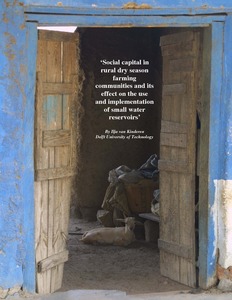About TU Delft
TU Delft collaborates with a large number of other educational and research institutes within the Netherlands and abroad and has a reputation for high-quality teaching and research. TU Delft has extensive contacts with governments, trade organisations, consultancies, the industry and small and medium-sized companies.
Vision
The increasing number of people on the planet and their drive to achieve ever-higher levels of prosperity raises some major questions for society. Technology is essential in answering these, as is the underlying scientific knowledge generated and disseminated by modern universities of technology.
The modern university of technology is a source of new scientific understanding and technological breakthroughs. It also trains scientists and engineers, and provides them with a broad academic grounding. As such, it is a catalyst of innovation and economic growth.
With their advanced expertise and know-how, engineers are vital to our society and economy. It is they who develop the science-based technological solutions which enhance many people’s lives.
As one of the world’s leading training grounds for these engineers, TU Delft views its role in society as supplying technological solutions that take us significantly further along the road towards sustainability and a flourishing economy. We position ourselves as an open academic community which, through its scientific personnel and graduates, is represented throughout the academic world and is rooted in our own regional and national, social and economic environment.
Members:
Resources
Displaying 1 - 5 of 6A domain model for land administration
75% or the “people to land relationships” worldwide are not documented. This concerns about 4.5 billion cases. With a growing population this situation results in land disputes, land grabbing and neglecting of rights of local people. Land Administration provides documentation on people to land relationships. Land Administration is an instrument for implementation of Land Policies - part of governmental policy on environmental sustainability, economic development, disaster management, social justice and equity and political stability.
Interoperable domain models: The ISO land administration domain model LADM and its external classes
This paper provides a brief overview of one of the first spatial domain standards: a standard for the domain of Land Administration (LA). This standard is in the draft stage of development now (May 2011). The development of domain standards is a logical follow up after domain-independent standards, which are available now in the area of geo-information processing. The Land Administration Domain Model (LADM) provides a conceptual schema with three basic packages with a limited scope: parties, rights (and restrictions/responsibilities) and spatial units.



